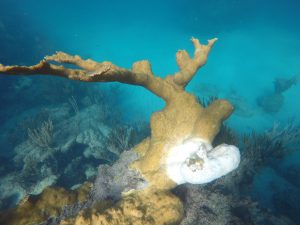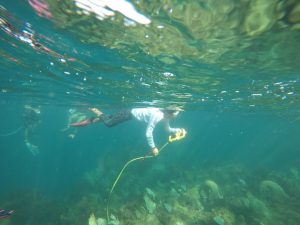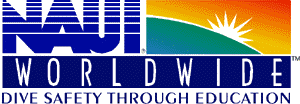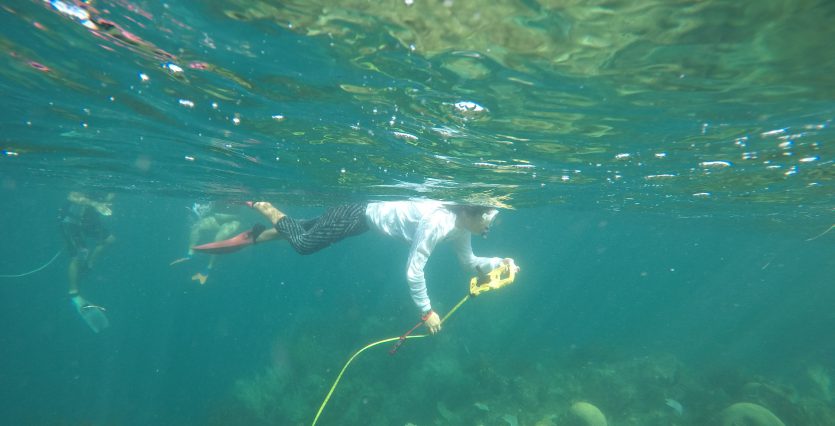The first time I confidently identified a yellowtail damselfish underwater, I may have been so excited that I nearly screamed through my regulator. But that was nothing compared to feeling like a hero the first time I submitted the fact that I had seen a yellowtail damselfish, along with several other reef fish species and their abundances, to the Reef Environmental Education Foundation (REEF). I had dreamed of becoming a marine scientist since I was 11 years old, so having the chance to participate in a global citizen science project while attending SeaTrek BVI, a NAUI affiliate focused on youth scuba and marine biology training, at 14 years of age was a dream come true. I was thrilled that I was able to actually contribute some data to people who used the information to take care of the underwater places I loved so much.

Citizen science is the magic that happens when you get more people other than the small set of trained scientists to collect information. With citizen science, data can be crowdsourced, and more people become a part of the process of finding out crucial information about the world. Increased access to technology allows even more individuals be a part of this emerging data-collection trend. As scuba divers, we are lucky; we have access to two different worlds to monitor, and increased access to cameras and smartphones allows us to collect information while abroad or right at home, both above and below the surface. This can be a great opportunity for people wanting to become scientists, but also for travelers or individuals who just want to know a little bit more about the places they are visiting.
From data sheets that let you write down and submit what you see to an app where you take photos and track trash around the world, these projects allow for much more expansive and continuous monitoring in the places around us. Below are some of my favorite citizen science projects that you can participate in by just walking down the street in your own neighborhood, or by diving in some of your favorite dive destinations.
Ocean Conservancy – International Coastal Cleanup
They are not the only ones who provide trash and marine-debris surveys and data forms for costal cleanups, but they do have awesome downloadable and printable guides and online resources to help you start your own cleanup. By simply noting what you pick up from our shores, you give valuable information about what the problem is and what can be done to combat it to groups working to reduce pollution and protect areas.
This is an app that also tracks trash around the world, but it is a little more travel-friendly than setting up a whole coastal cleanup. In this app, you simply take a picture of a piece of debris you are about to pick up, and the app can match this piece of trash with GPS location and asks you some questions to best identify what it is or was.

The app can then collect data on different companies to communicate to them where their products end up, hopefully so that they can work to improve.
This started out as a master’s degree final project and became a global effort where people photograph and work together to identify the nature around them. This app also involves the use of pictures, but instead of trash, you collect data on living organisms. From taking an afternoon stroll on the island you just dived on while on vacation to your favorite hike, you identify the location and distribution of different species.
Of course I am going to include my first experience collecting useful data. This wonderful organization tracks fish populations around the world. All you need is a slate to take with you and some previous training to successfully identify different species. You can choose to add abundance by counting how many of each species you see. At the end of your dive, you fill out a data sheet online and add some additional information similar to what you would add to a dive log.

I hope you have a great time monitoring whichever space you find yourself in and that you learn a little more about your surroundings. If you want to learn more about citizen science in general, or specific projects and apps available, a simple online search can help you connect to the many emerging projects, and you can help keep a pulse on the places that we enjoy so much — not only as divers but as people.


